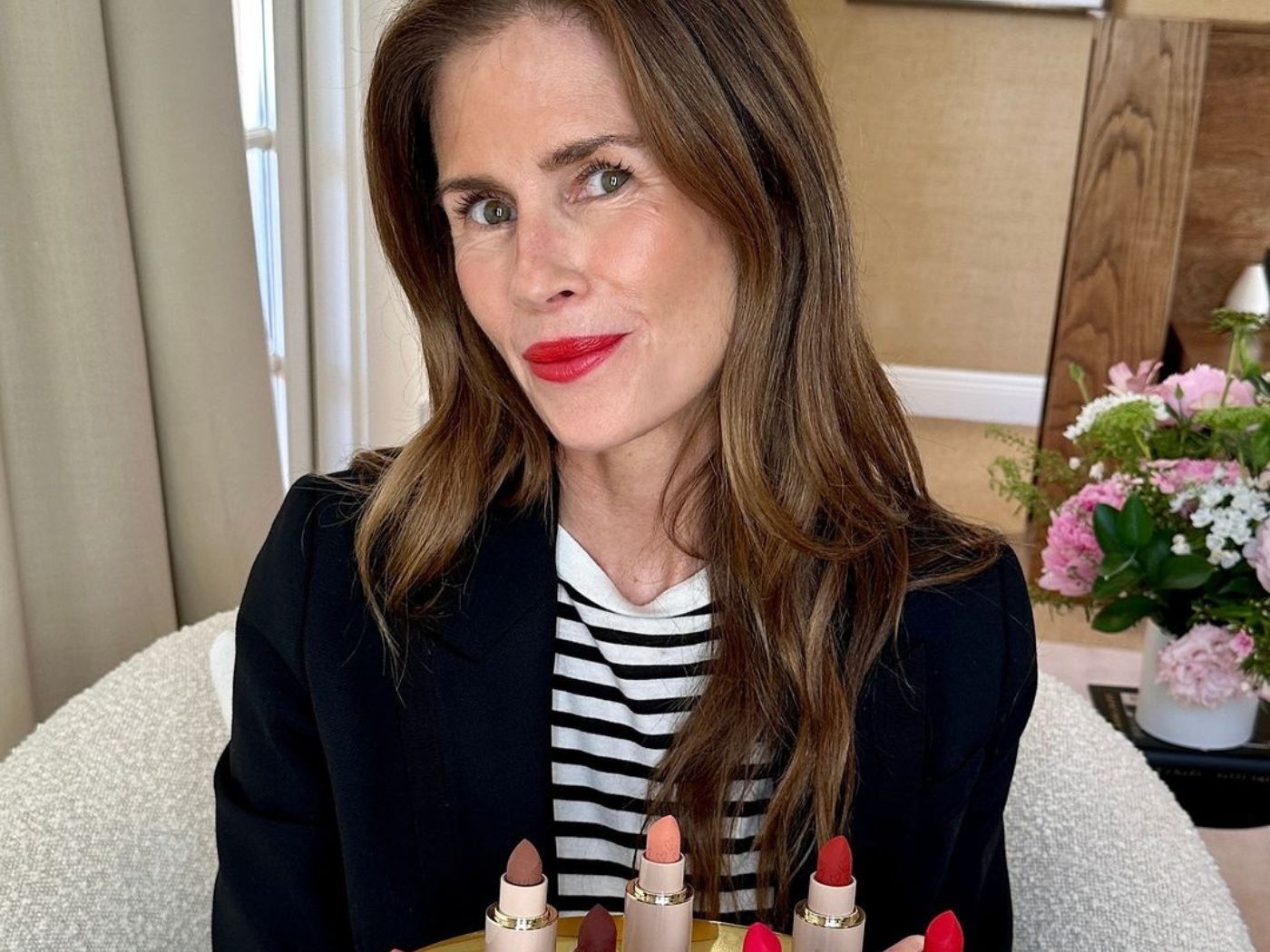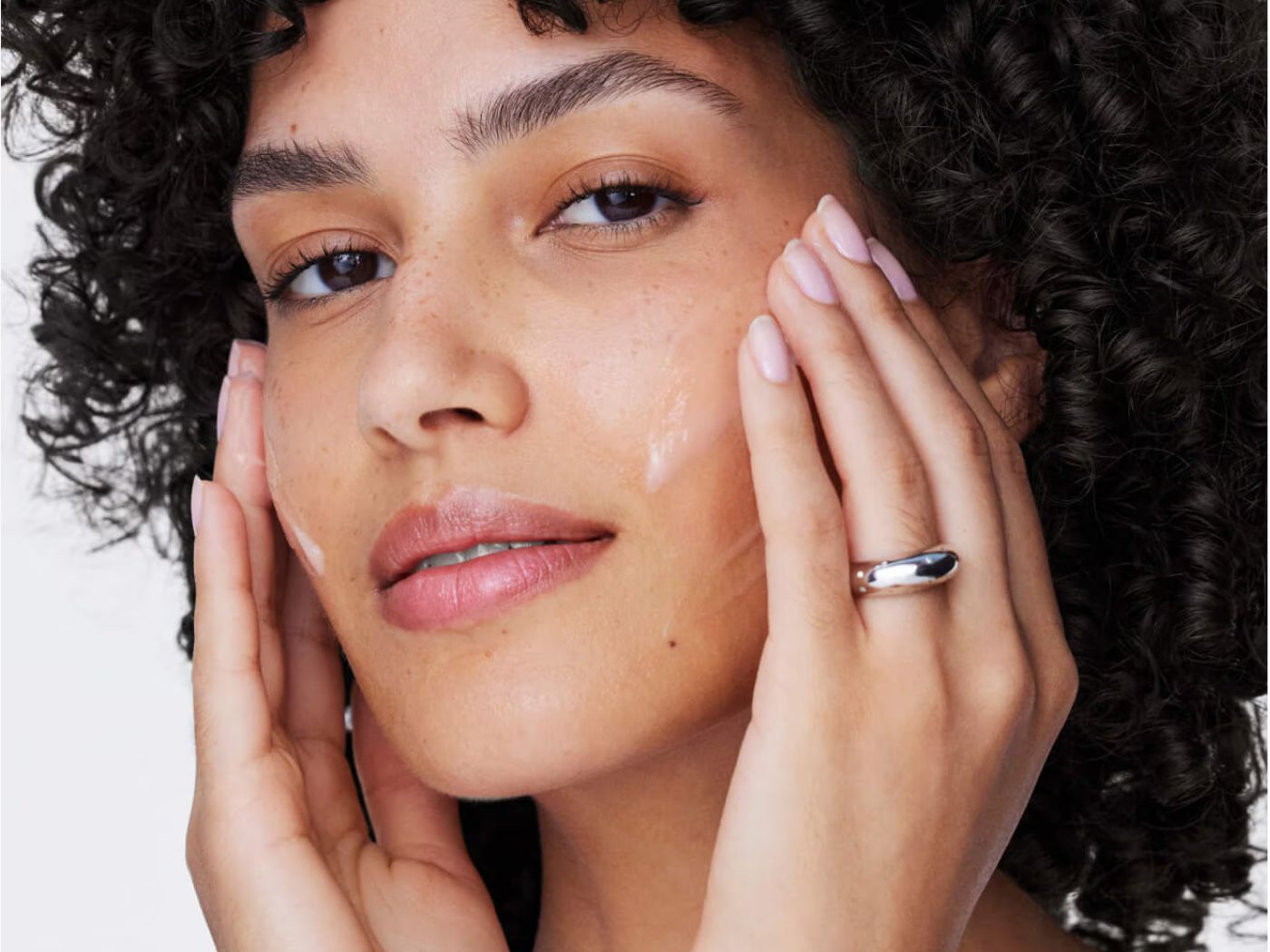Avon Products Inc. is talking about a revolution.
The direct seller outlined a three-year plan to transform its business at the company’s investor day, held on Jan. 21 at the company’s global research and development facility in Suffern, NY.
A key component of that plan is its $605 million deal with Cerberus Capital Management to spin off its North American business into a privately held company. Avon chief executive officer Sheri McCoy said Cerberus’ involvement gives Avon Products the funding and focus needed to tackle the transformation, which is designed to wring out $350 million in costs from the business over three years, and funnel those savings back into revitalizing the brand. Sheri said the deal is on track to close this spring, and reiterated that Avon will retain a 20 percent stake in Avon North America. Now with a solution for its ailing North America business in hand, Avon Products is looking to recast itself as a more modern, digitally-driven seller of beauty products at various price tiers. Here are key takeaways from Avon’s the daylong meeting:
• Steven Mayer, Co-head of Global Private Equity and Senior Managing Director of Cerberus Capital Management, said it will work with Avon Products’ management team to improve cost structure and strategic position, simplify and modernize the business and drive revenue growth while also investing in and executing a turnaround plan for Avon North America.
• Sheri said Avon has a “desire and a need” to move price points up.
• Avon’s efforts to transform its portfolio will include simplifying the assortment. For instance, the sub-brands of Avon Men, Avon Baby and Avon Sun will aggregated and renamed Avon Care, and a collection of heritage fragrances will ditch their current packages for one uniform bottled and recast as Avon Classics.
• Avon plans to amplify its branding of Beauty for a Purpose. In Brazil, where Avon has 1.5 million representatives, the advertising efforts are helping to attract more potential sellers and expand market share, according to the company.
• John Higson, Executive Vice President of Europe, Middle East & Africa and Latin America, said Avon plans to replace short-term incentives with a loyalty program to help build sales. It has already created the Mi Mundo Avon program in Colombia, and seen a 5-point bump in retention improvement.
• The company is working to simply orders and quicken fulfillment by offering faster delivery for a fee. By the end of 2018, John said, “All orders [will] come how you want them, when you want them, but you share part of the costs.” The delivery transition is already well underway in Europe.
• Fernando Acosta, Executive Vice President, Chief Marketing and Social Selling Officer, acknowledged that Avon was “slow to embrace technology,” particularly over the last decade, but said its pursuing a “social selling” model that will be particularly attractive to Millennials and “seamlessly connect beauty seekers with beauty sellers” with a digital suite of tools.
• Sheri said many of these initiatives have already taken root in Turkey, where 100 percent of orders are placed online. Angela Cretu, General Manager of Turkey and group Vice President of Africa & the Middle East, said in 2014 Avon kicked off a number of improvements to the brochure and moved to an omnichannel model. During one campaign, it boosted nail care sales by 24 percent with an app that allowed women to virtually try on nail shades. It also plans to introduce a virtual mirror called Avon Magic Mirror in April 2016, that allows women to try shades and makeup looks and then purchase them with one click.



